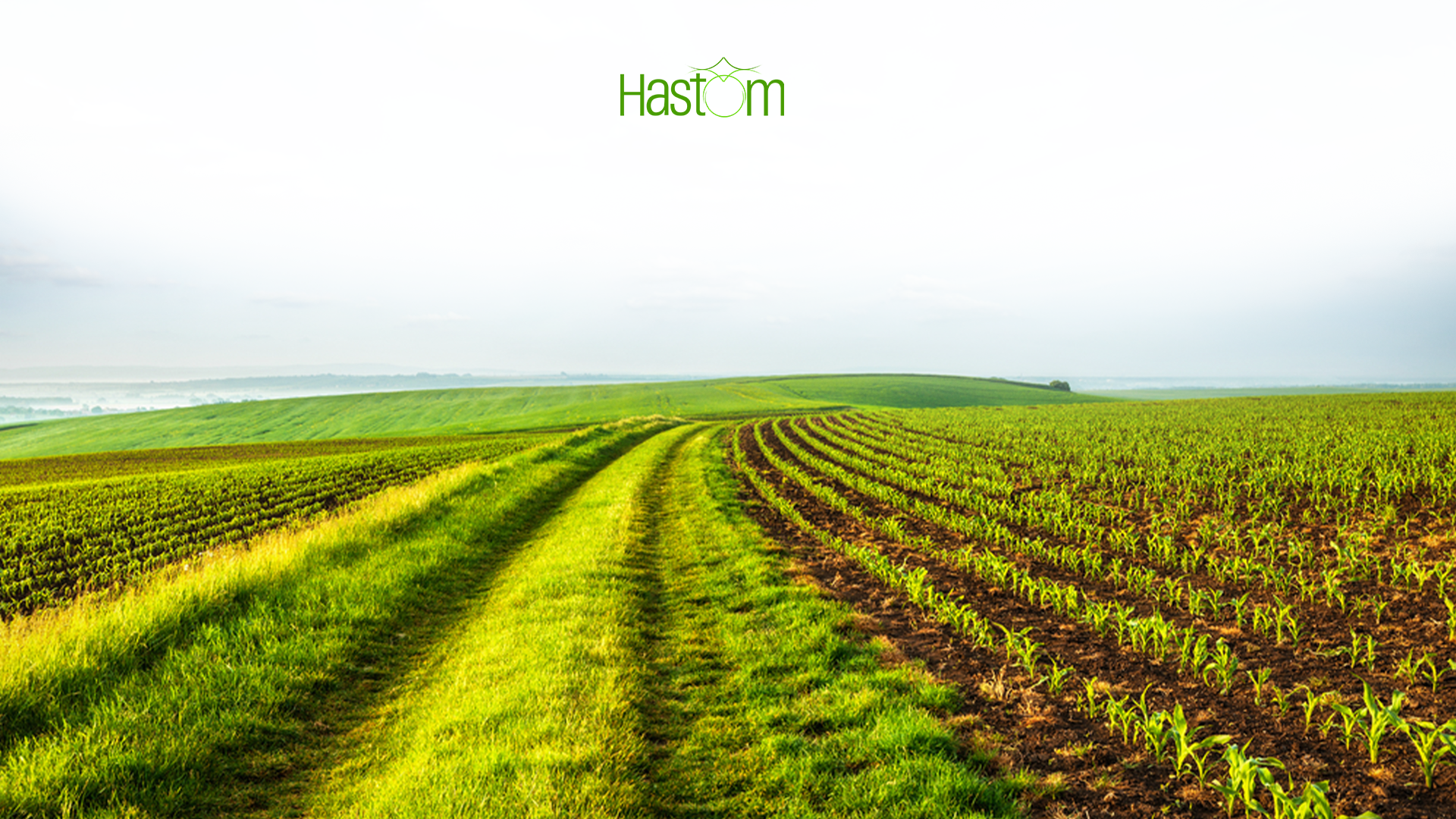
Farmland vs. oil has been an age long debate. In the realm of investment, choosing the right asset can be akin to navigating a maze blindfolded. With countless options vying for attention, it’s easy to get lost in the noise of promises and pitfalls. Among these options, two giants stand tall: farmland and oil. Both offer the allure of monetary gains, but when it comes to sustainable wealth generation and resilience in the face of uncertainty, farmland emerges as the clear winner. So, why should you choose farmland over oil as your investment destination? Let’s break it down.
Profitability:
Historically, farmland has provided relatively stable returns. Profitability depends on factors like crop prices, yields, and land values. Returns can be moderate to high, depending on location, crop selection, and management practices.
Oil: Oil investments can be highly profitable during periods of high oil prices. However, they are subject to volatility due to fluctuations in global oil markets. Returns can be significant during oil booms but can also lead to losses during downturns.
Risk:
Farmland investments are generally considered lower risk compared to oil. They offer more stable returns and are less susceptible to market volatility. Risks include weather-related events, crop diseases, and regulatory changes.
Oil: Oil investments carry higher risk due to market volatility, geopolitical factors, and environmental regulations. Prices can fluctuate significantly based on global supply and demand dynamics, political unrest, and technological advancements in alternative energy sources.
Sustainability:
Farmland: Investing in it can be considered more sustainable in the long term. Well-managed farmland can contribute to food security, biodiversity, and environmental conservation. Sustainable farming practices can also enhance soil health and water conservation.
Oil: Oil extraction and production can have significant environmental impacts, including air and water pollution, habitat destruction, and greenhouse gas emissions. There’s increasing pressure to transition to renewable energy sources to mitigate climate change, which could affect the long-term viability of oil investments.
Market Dynamics:
Demand for farmland is influenced by population growth, dietary changes, and biofuel production. Increasing demand for food and agricultural commodities can drive up land prices, especially in regions with limited arable land.
Oil: Oil prices are influenced by global supply and demand dynamics, geopolitical tensions, and technological advancements. Shifts towards renewable energy sources and regulatory changes aimed at reducing carbon emissions can impact the oil market.
Long-Term Viability:
Farmland investments are generally considered to have long-term viability, particularly as global population growth and food demand increase. Well-managed land can provide stable returns over generations and serve as a hedge against inflation.
Oil: The long-term viability of oil investments is uncertain due to factors such as finite reserves, environmental concerns, and the transition to renewable energy sources. However, oil is expected to remain a significant energy source for the foreseeable future, albeit with a decreasing share in the global energy mix.
In conclusion, when it comes to choosing between farmland and oil, the decision is clear. Farmland isn’t just a smart investment—it’s the smartest investment. With its tangible value, resilience, inflation-proof profits, ethical appeal, and accessible opportunities, it stands head and shoulders above the rest. So, if you’re ready to reap the rewards of investing in something real, something reliable, something revolutionary—look no further than farmland. Your future self will thank you for it.
When it comes to farmland investment, it is expedient to work with a tested and trusted brand like Hastom Nigeria. Hastom Nigeria is an agricultural real estate company located in Ogbomoso, Oyo state. Hastom offers problem-free and arable farmland that is free from encroachment and government acquisition. What more? We can also help you create value for your land by cultivating Cashew.


